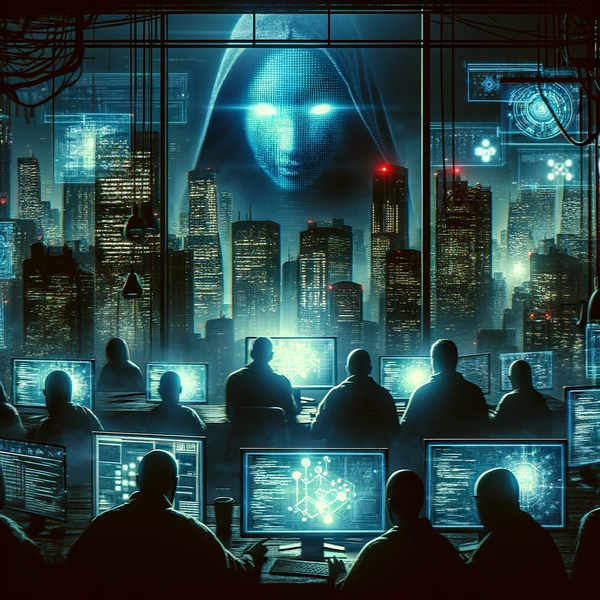A Shadow Over Democracy: The Perilous Impact of Disinformation on the 2024 Election
As the 2024 election nears, disinformation's threat looms large, risking democracy itself. Misleading narratives fuel division, erode trust in institutions, and could incite unrest if unchecked. The fight against this digital menace is urgent.

Disinformation, the deliberate spread of false or misleading information, poses a significant threat to the fabric of democratic societies. As we approach the 2024 election, the perils of disinformation have become even more acute, with potential consequences that could deeply affect the stability and integrity of the electoral process.
The phenomenon of disinformation is not new, but its scale and impact have been magnified by the rise of social media and the ease with which information, true or false, can spread globally in seconds. The internet, a tool designed to bring people together and share knowledge, has paradoxically become a breeding ground for the propagation of falsehoods. This manipulation of truth doesn't just misinform; it sows division, breeds distrust in institutions, and undermines the very principles of democracy.
One of the most palpable dangers of disinformation is its ability to create a polarized and emotionally charged political environment. When people are constantly fed false information that aligns with their beliefs, it reinforces a binary worldview where any opposition is seen not just as different but as a threat. This extreme polarization makes it increasingly difficult for individuals to engage in constructive dialogue, replacing reasoned debate with vitriolic confrontation.
The impact of disinformation is particularly potent in the context of elections. When people are misled about candidates, policies, or the electoral process itself, it can skew the democratic process. More worryingly, if people are led to believe that the election process is rigged or fraudulent – a narrative often pushed by disinformation campaigns – it can lead to widespread disillusionment and anger.
This anger can have dire consequences. The 2024 election, like any democratic exercise, will have winners and losers. In a normal scenario, the losing side might be disappointed, but they would typically accept the result as a fair outcome of a democratic process. However, in an environment poisoned by disinformation, the losing side may not just be disappointed; they could be enraged, feeling that they have been cheated out of victory. This could lead to widespread protests, civil unrest, and in the worst cases, violence.
Such a scenario is not just a theoretical possibility. We have seen glimpses of this in recent years, where disinformation has led to real-world consequences, including violent events. As we edge closer to the 2024 election, there is a genuine risk that, unless checked, disinformation could escalate these tensions to a boiling point.
The responsibility to combat this threat lies with everyone: governments, social media companies, journalists, and individuals. Governments need to implement stronger regulations on the spread of false information. Social media companies must be more proactive in flagging and removing false content. Journalists must double down on fact-checking and providing balanced reporting. And individuals must be vigilant, questioning the sources of their information and being open to perspectives different from their own.
As the 2024 election approaches, it's crucial to recognize the dark cloud of disinformation hanging over the democratic process. The stakes are high, and the consequences of inaction could be severe. It's a collective responsibility to ensure that the cornerstone of democracy – the free and fair election – is not undermined by the dangerous undercurrents of disinformation.



